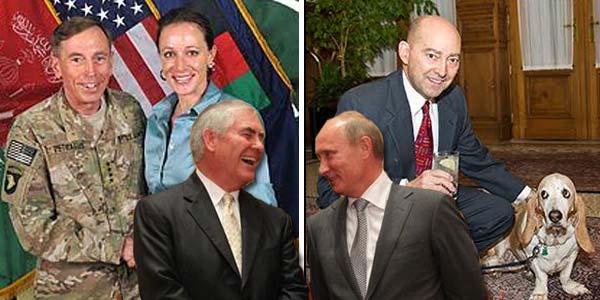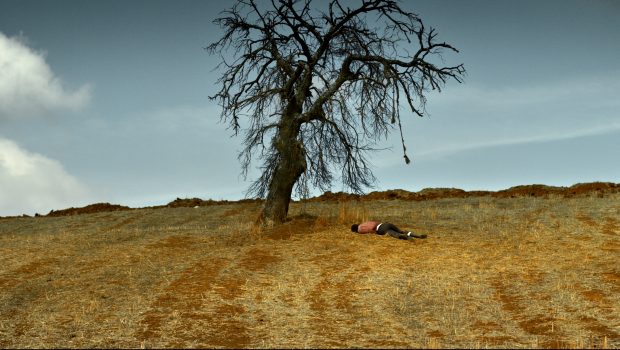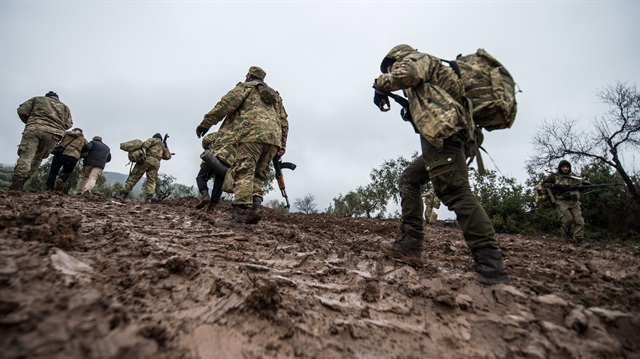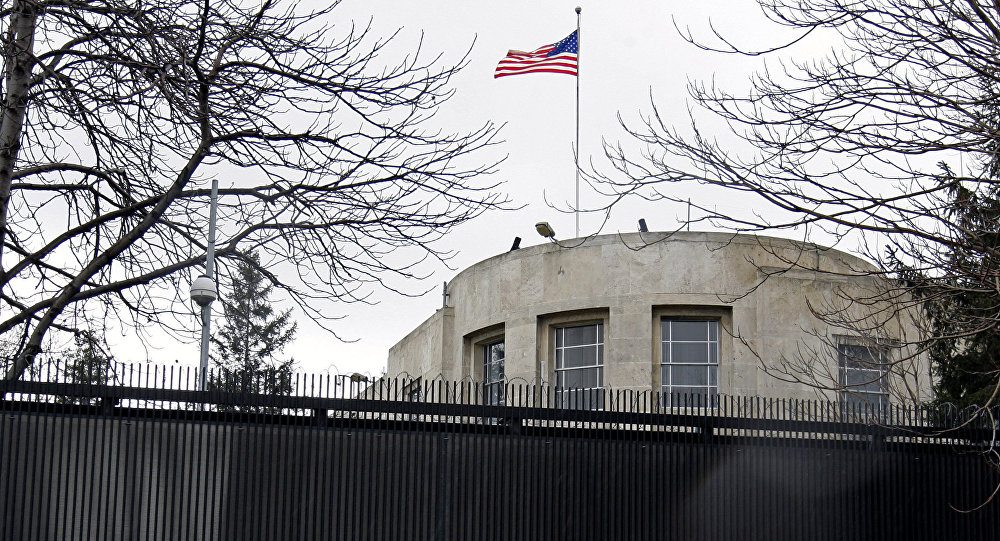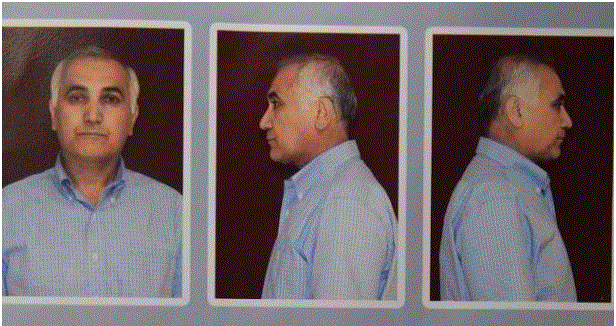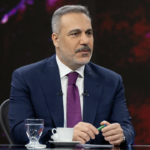By now, some of the reality of a Trump presidency has begun to settle in on Turkish circles that were initially gleeful after the recent U.S. election. Trump’s Islamophobic (or xenophobic, misogynistic, militaristic) statements, as well as those of several figures he has chosen for leadership positions, have gained wider awareness in Turkish society. Slowly the realization that four years of Trump may not be the day after the night of the Obama Administration is making itself felt. Even more jarring is an article in Politico explaining how Trump is actually displaying some of the same tendencies that Barack Obama showed when he began to make presidential appointments and statements in late-2008 and early-2009 (1). Nevertheless, the difference in aim and context between Obama and Trump shouldn’t be ignored, as the same article explains in its concluding paragraphs.
Apparently Samuel Beckett (of the Waiting for Godot fame) is a spiritual advisor to the Trump transition team. For two weeks after the kerfuffle caused by his flirtation with Mitt Romney, Trump still has not picked a secretary of state. On Wednesday (7th December), Trump told the press that Romney was still a candidate for the secretary of state position, but delayed the announcement of his choice for yet another week (2). Trump mentioned that he had eliminated some of the suggested candidates, but did not state specifically which ones had been axed.
The one positive development on the secretary of state issue that has come to my attention is that Politico no longer lists John Bolton among the potential candidates (3). If that is right, it means a sigh of relief for the entire world. However, the New York Times still includes Bolton among the candidates.
Politico’s list, in addition to Romney, Rudy Giuliani, and Bob Corker, now includes former CIA head David Petraeus, Exxon Mobil CEO Rex Tillerson, and former Navy Admiral James Stavridis. All three of the newcomers will raise eyebrows in Turkey. Petraeus, especially, has a controversial history. David Petraeus was in overall charge during the infamous 2003 detainment and “hooding” of Turkish soldiers in Northern Iraq (4), though it is not clear whether he directly issued those orders. In any case, in the command positions, in Iraq and elsewhere, that he held over the following years, he must have had extensive interaction with Turkish officers. Of course, many of those officers have turned out to be Gülenists, so who knows what he learned from them? After retirement from the military, Petraeus was made head of the CIA, but only lasted one year in the position because of a multi-faceted scandal involving some disregard for state secrets during an extra-marital affair.
Rex Tillerson is the stuff of every conspiracy theorist’s dreams. Head of one of the world’s largest corporations, and an oil company at that, Tillerson already has much experience in Turkey’s region because of his career with Exxon Mobil. Stavridis is the grandson of Pontic Greeks and evidently pays close attention to Turkey. After the 15th July 2016 failed coup attempt in Turkey, Stavridis wrote articles for Foreign Policy, gave comments to news channels (5), and blogged about the situation. Stavridis has blogged frequently about Turkey in the past, so his blog may be a good source for ideas about how he might conduct U.S. relations with Turkey (6).
In relation to Turkey’s region and the potential policy stance that he might take, Trump continues to make public comments that are inherently contradictory. On Tuesday (6th December), Trump told a gathering of supporters that he would reduce the U.S.’s involvement in the Eastern Mediterranean but at the same time give full throttle to the struggle against DAESH (7). Exactly how he would accomplish that is not clear because Trump provides no details on how he might do the one without hampering the other. That also means further murkiness on what Trump’s attitude towards Turkey might be, especially if Trump’s comments about devoting fewer resources to the Eastern Mediterranean are intended to include Syrian operations.
NOTES
(1) http://www.politico.com/story/2016/12/trump-obama-political-blueprint-232292
(2) http://www.nytimes.com/2016/12/07/us/politics/mitt-romney-donald-trump-secretary-of-state.html
(4) Petraeus’s name popped up as a secretary of state candidate about a week ago. Interestingly, the Turkish news sources that seem to have given the most attention to that development are the leftist or even “left-nationalist” (ulusalcı) sites like Birgün, Sol or Aydınlık. They’re still angry about the incident and refer to Petraeus with a lightly derogatory nickname, Çuvalcı General, which means something like “the Hooder General.” Sputnik was also happy to report the same news.
(5) http://foreignpolicy.com/2016/07/18/turkey-and-nato-what-comes-next-is-messy-coup-erdogan-incirlik-air-base-nuclear-weapons/; http://freebeacon.com/national-security/stavridis-instability-turkey-coup-attempt-victory-isis/. Stavridis’s predictions in these articles have been notably off the mark as the Turkish military, instead of being hampered after the July coup attempt, launched a strikingly successful military operation into Syria, called Euphrates Shield (Fırat Kalkanı), to finally establish the safe zone that the Obama Administration had rejected all along. The extremely weak understanding of Turkish affairs that Stavridis displays in the Foreign Affairs article is probably sufficient to explain why he was not able to predict the Turkish military’s recent performance. On the other hand, Stavridis does provide some sensible recommendations on how American officials should approach interactions with the Turkish government in the aftermath of the failed 15th July putsch.
(6) http://sites.tufts.edu/fletcherdean/tag/turkey/
(7) http://www.politico.com/story/2016/12/trump-middle-east-isis-232291
Yazıyı beğendiysen, patronumuz olur musun?
Evet, çok ciddi bir teklif bu. Patronumuz yok. Sahibimiz kar amacı gütmeyen bir dernek. Bizi okuyorsan, memnunsan ve devam etmesini istiyorsan, artık boş olan patron koltuğuna geçmen lazım.
Serbestiyet; Türkiye'nin gri alanı. Siyah ve beyazlar içinde bu gri alanı korumalıyız. Herkese bir gün gri alanlar lazım olur.




